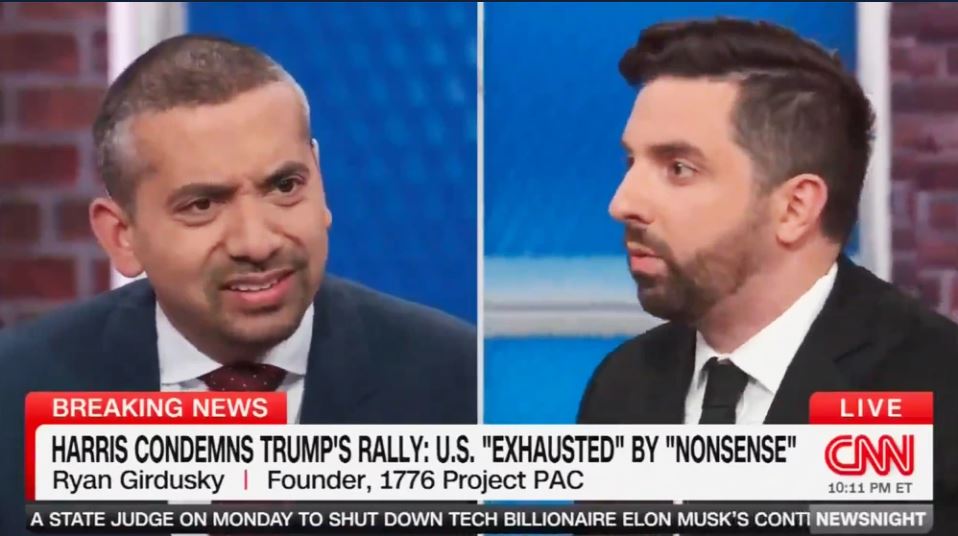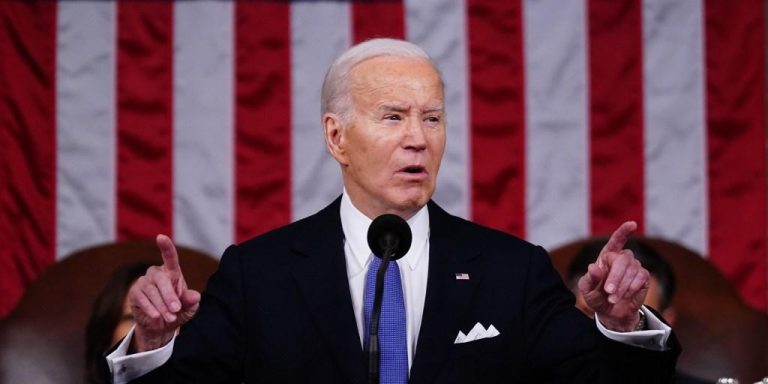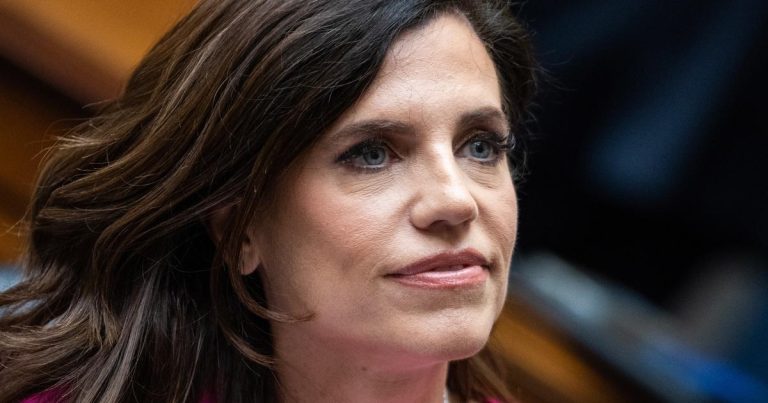
Ryan Girdusky clashed with British-American journalist Mehdi Hasan on Monday night.
Introduction
CNN recently faced a wave of backlash after banning a conservative guest for making a controversial remark during a live broadcast. The guest’s comment, directed at a Muslim journalist, has sparked widespread debate, raising issues about media responsibilities, cultural sensitivities, and freedom of speech. This article provides a detailed analysis of the incident, exploring the social, cultural, and ethical dimensions of the discussion.
Table of Contents
| Section | Description |
|---|---|
| Introduction | Background on the incident and its implications |
| The Incident | Details on the conversation leading up to the comment |
| Who Was Involved? | Overview of the key figures in the discussion |
| Context of the Comment | Exploring what may have motivated the remark |
| Immediate Reactions | Responses from CNN, viewers, and online communities |
| CNN’s Decision to Ban the Guest | Analysis of CNN’s response and rationale |
| Media Responsibilities and Free Speech | Balancing controversial speech in journalism |
| Cultural Sensitivity and Stereotyping | Examining stereotypes in media and their impact |
| Impact on CNN’s Reputation | How this incident affects CNN’s public perception |
| Public Backlash and Support | Reactions from various public figures and organizations |
| Freedom of Speech vs. Hate Speech | Where the line is drawn in broadcast journalism |
| Similar Cases in Media History | Past examples of controversial remarks and bans |
| The Importance of Media Ethics | Role of ethical standards in reporting and commentary |
| What This Means for Future Guests | How this incident could change guest protocols |
| FAQs | Answering common questions about the incident |
| Conclusion | Summary and potential long-term impact |
The Incident
During a recent live broadcast, CNN invited a conservative guest to discuss a polarizing issue. However, the conversation quickly took a turn when the guest made an offhand comment to a Muslim journalist: “I hope your beeper doesn’t go off.” This comment was perceived by many as offensive, suggesting a stereotype that associates Muslims with terrorism.
Who Was Involved?
The key figures in this exchange included:
- The Conservative Guest: A commentator known for outspoken conservative views, often pushing boundaries in televised discussions.
- The Muslim Journalist: An experienced CNN reporter with a background in Middle Eastern issues, known for covering complex global topics.
Context of the Comment
While the exact motivations behind the comment are unknown, it’s worth examining the broader political context. Some speculate the comment may have been intended as a controversial joke, albeit one in poor taste, reflecting ongoing cultural tensions in media discussions.
Immediate Reactions
The backlash was swift. Viewers and social media users expressed outrage, calling the comment offensive and insensitive. Many accused CNN of providing a platform for hateful rhetoric. CNN responded quickly, releasing a statement condemning the remark and clarifying their commitment to respectful discourse.
CNN’s Decision to Ban the Guest
CNN’s decision to ban the guest was grounded in a commitment to maintaining respectful and inclusive dialogue. The network emphasized its zero-tolerance policy toward remarks that perpetuate stereotypes or fuel cultural misunderstandings.
Media Responsibilities and Free Speech
Balancing free speech with media responsibilities is challenging. Media outlets often find themselves at the crossroads of fostering open discussions and ensuring that their platform does not become a stage for hate speech or stereotyping.
Cultural Sensitivity and Stereotyping
This incident brings to light the importance of cultural sensitivity in public discourse. Stereotypes, especially those linking cultural or religious backgrounds to violence or terrorism, have damaging effects. The remark underscored a broader issue with some media narratives and their potential to harm community relations.
Impact on CNN’s Reputation
CNN’s swift response helped mitigate some criticism, showcasing the network’s commitment to upholding professional standards. However, some argue that banning the guest may have appeared as censorship to certain audiences.
Public Backlash and Support
The incident garnered mixed reactions. Some viewers praised CNN for taking a stand, while others viewed the ban as an overreach. Public figures from both sides of the political spectrum weighed in, with many expressing frustration over recurring stereotyping in the media.
Freedom of Speech vs. Hate Speech
Where does free speech end, and hate speech begin? This question remains central in media ethics debates. In this instance, CNN’s choice to ban the guest reflects an interpretation that the comment crossed into offensive territory, justifying the response.
Similar Cases in Media History
The media has seen similar cases over the years. Other networks have also faced criticism for airing offensive comments, some of which led to guest bans, apologies, or policy changes. These incidents underline the media’s need for consistent ethical standards.
The Importance of Media Ethics
Ethical standards are vital to journalism. Networks are expected to facilitate discussions that, while lively, do not resort to insensitive or harmful remarks. Upholding such standards preserves the media’s credibility and trustworthiness.
What This Means for Future Guests
CNN’s response may prompt networks to revisit their protocols for guest conduct. This incident could lead to stricter vetting processes to prevent similar situations and ensure respectful commentary.
Conclusion
CNN’s decision to ban the conservative guest over an insensitive remark highlights the ongoing challenges of balancing open dialogue with cultural sensitivity. This incident serves as a reminder of the power of words in media and the importance of holding all participants to high ethical standards. Moving forward, it may influence how networks select and prepare guests for live discussions, ensuring that future dialogues promote understanding rather than division.




thank you